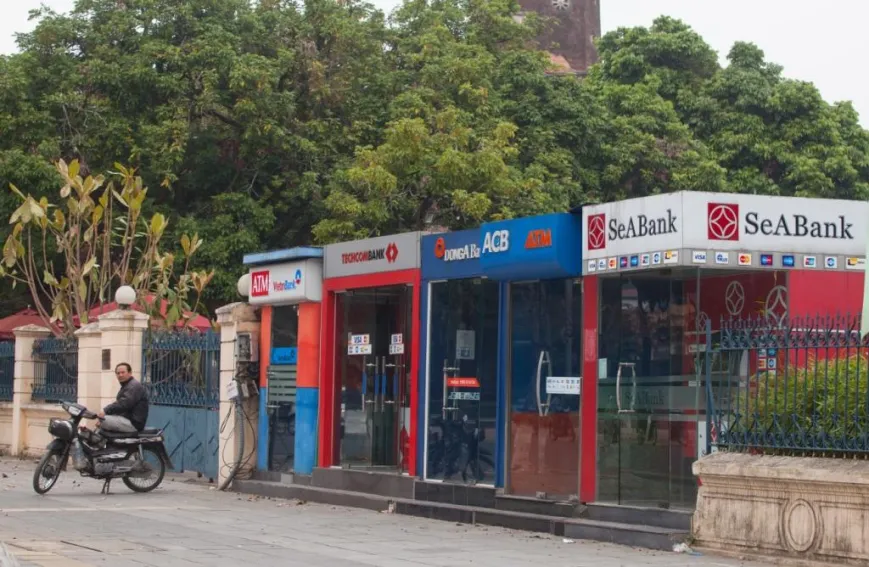
4 factors that will drive the deterioration of Vietnamese banks' capitalisation
Credit growth and provisioning costs will erode capitalisation.
According to Moody's, the capital ratios of Vietnamese banks will continue to decline in the next 12-18 months. Rated banks' asset-weighted ratio of tangible common equity to RWAs, adjusted for government securities, declined to 7.8% at end-2016 from 8.3% at end-2015 and 8.7% at end-2014.
Moody's listed four factors that will mainly drive the deterioration of Vietnamese banks' capitalisation:
Aggressive loan growth. Loan growth of 22% in 2016 translated to average RWA growth of 20% at our rated banks. This extended a rebound in loan growth rates that started in 2013 and points to a rapid buildup in leverage. More accommodative monetary policy in Vietnam will further accelerate credit growth and pressure banks’ capital ratios.
Provisioning expenses. Although banks' pre-provision income has been steadily improving since 2014, they need to set aside provisioning expenses for legacy problem assets. This undermines banks' abilities to build up capital reserves internally.
Limited options to raise capital externally. The Vietnamese government has a weak fiscal capacity, so it has a limited ability to provide fresh capital for banks. Further, Vietnamese banks continue to face challenges in attracting foreign investors due to regulations that cap foreign ownership at 20% of a bank's total equity for a single investor and at 30% for all foreign investors combined. Unresolved asset quality problems also make Vietnamese banks financially less attractive for investors.
Dividend payouts. Government-controlled banks bear the extra burden of paying large cash dividends, even when their capital levels are near regulatory minimums. In 2016, cash dividend payouts amounted to an average 41% of net income for BIDV, Vietinbank and Vietcombank. In 2015, the ratio was 55%.
Vietnamese banks are still under Basel I capital standards, and the State Bank of Vietnam has significantly delayed the implementation of Basel II to 2020, following a pilot application of Basel II rules to 10 banks in 2016. While the delay provides some respite for banks, it highlights the system’s weak capital position and indicates that a transition to stricter Basel II capital standards now will result in a sharp drop in banks’ regulatory capital ratios.



















 Advertise
Advertise










